To provide the best experiences, we use technologies like cookies to store and/or access device information. Consenting to these technologies will allow us to process data such as browsing behaviour or unique IDs on this site. Not consenting or withdrawing consent, may adversely affect certain features and functions.
The technical storage or access is strictly necessary for the legitimate purpose of enabling the use of a specific service explicitly requested by the subscriber or user, or for the sole purpose of carrying out the transmission of a communication over an electronic communications network.
The technical storage or access is necessary for the legitimate purpose of storing preferences that are not requested by the subscriber or user.
The technical storage or access that is used exclusively for statistical purposes.
The technical storage or access that is used exclusively for anonymous statistical purposes. Without a subpoena, voluntary compliance on the part of your Internet Service Provider, or additional records from a third party, information stored or retrieved for this purpose alone cannot usually be used to identify you.
The technical storage or access is required to create user profiles to send advertising, or to track the user on a website or across several websites for similar marketing purposes.
 The CIPD is urging business leaders to have board-level HR representation or input to ensure there is the necessary expertise and ‘people insight’ to develop positive corporate cultures and manage workforce risks such as sexual harassment. This is the unsurprising message in a new report from the CIPD ‘The value of people expertise on corporate boards’. It claims just a quarter (25 percent) of FTSE 350 firms have a board member (both executive and non-executive) with an HR background, while only 2 percent have an HR director as an executive board member. (more…)
The CIPD is urging business leaders to have board-level HR representation or input to ensure there is the necessary expertise and ‘people insight’ to develop positive corporate cultures and manage workforce risks such as sexual harassment. This is the unsurprising message in a new report from the CIPD ‘The value of people expertise on corporate boards’. It claims just a quarter (25 percent) of FTSE 350 firms have a board member (both executive and non-executive) with an HR background, while only 2 percent have an HR director as an executive board member. (more…)





















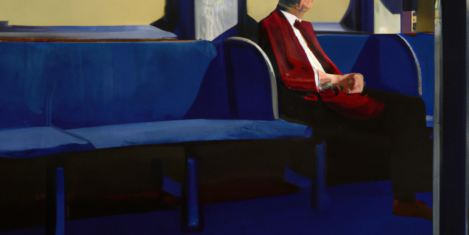


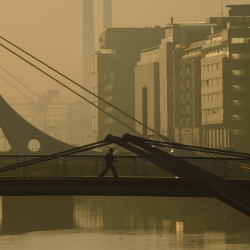


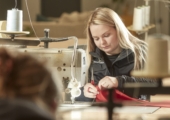

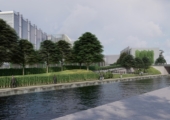


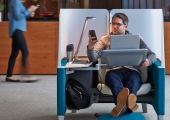
July 18, 2023
We need better evidence to help protect people at work
by Sarah Cumbers • Comment, Workplace